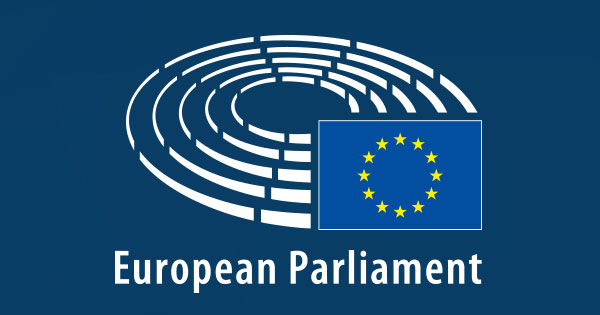Late on Tuesday evening, negotiators from the Parliament and Council reached a provisional political settlement on the revision of the industrial emission directive (IED) and the directive on the landfill of waste and the brand new regulation on the Industrial Emissions Portal. The intention is to additional fight air, water and soil air pollution from giant agro-industrial installations, which might additionally lead to well being issues similar to bronchial asthma, bronchitis and most cancers.
Industrial installations
The brand new guidelines will make it necessary to set the strictest achievable emissions ranges and push industrial vegetation to focus extra on power, water and materials effectivity and reuse, as well as to fostering the usage of safer, much less poisonous or non-toxic chemical compounds in industrial processes, via emission or environmental efficiency targets. To fight water shortage, environmental efficiency targets will change into compulsory for water consumption. For waste, useful resource effectivity, power effectivity and uncooked materials use such targets can be inside a variety and for brand spanking new strategies, targets can be indicative.
Co-legislators agreed to lengthen the IED additionally to cowl extractive business installations (mines) and enormous installations manufacturing batteries.
Livestock farms
Co-legislators agree to lengthen IED measures to pig farms with greater than 350 livestock units (LSU). Farms elevating pigs in an intensive or natural method, and out of doors for a big period of time in a 12 months, are excluded. For poultry, it could apply to farms with laying hens with greater than 300 LSU and for farms with broilers with greater than 280 LSU. For farms rearing each pigs and poultry, the restrict can be 380 LSU.
The Fee initially proposed a threshold of 150 LSU for all livestock, together with for cattle. Co-legislators agreed to process the Fee to overview, by 31 December 2026, the necessity for EU motion to handle the emissions from the rearing of livestock, together with from cattle, in addition to a reciprocity clause to guarantee producers exterior the EU meet necessities comparable to EU guidelines when exporting to the EU.
Public participation, penalties and sanctions
Negotiators additionally agreed to improve transparency and public participation in relation to the licensing, operation and management of regulated installations. The European Pollutant Release and Transfer Register can be reworked into an EU Industrial Emissions Portal the place residents can entry information on all EU permits and native polluting actions. As well as, techniques for e-permitting ought to be in place on the newest by 2035.
Non-complying firms can face penalties of at the very least 3% of the operator’s annual EU turnover for probably the most critical infringements and member states shall give residents affected by non-compliance the appropriate to declare compensation for damages to their well being.
Quote
After the vote, rapporteur Radan Kanev (EPP, Bulgaria), mentioned: “I’m blissful in regards to the total end result as Parliament defended an important factors in its mandate together with considerably decreasing emissions with out creating additional crimson tape for industries and farmers and in addition to the extent of penalties for non-complying firms.”
Subsequent steps
The deal nonetheless has to be adopted by Parliament and Council, after which the brand new regulation can be printed within the EU Official Journal and enter into drive 20 days later. Member states will then have 22 months to comply with this directive.
Background
The industrial emission directive lays down guidelines on stopping and controlling air pollution from giant agro-industrial installations’ emissions into air, water and soil in addition to era of waste, use of uncooked supplies, power effectivity, noise and prevention of accidents. Installations lined by the foundations are required to function in accordance with a allow addressing your complete environmental efficiency of the plant.
This laws is responding to residents’ expectations in regards to the polluter pays precept and rushing up the inexperienced transition and selling greener manufacturing processes as expressed in proposals 2(2), 3(1), 11(1) and 12(5) of the conclusions of the Conference on the Future of Europe.
